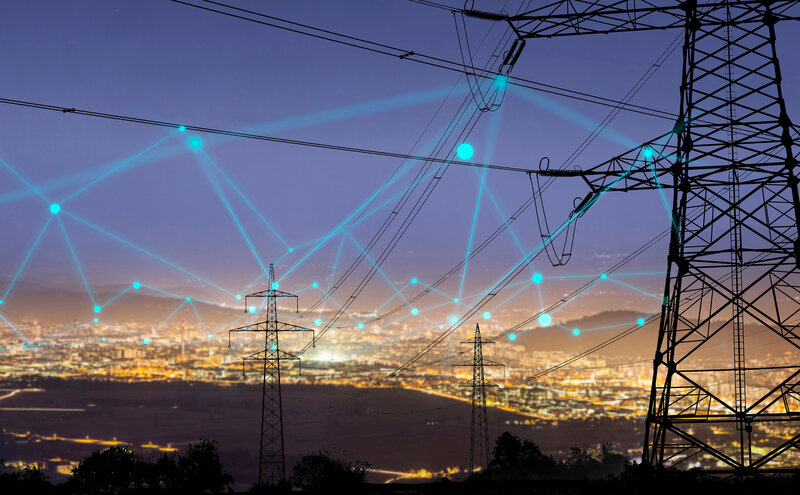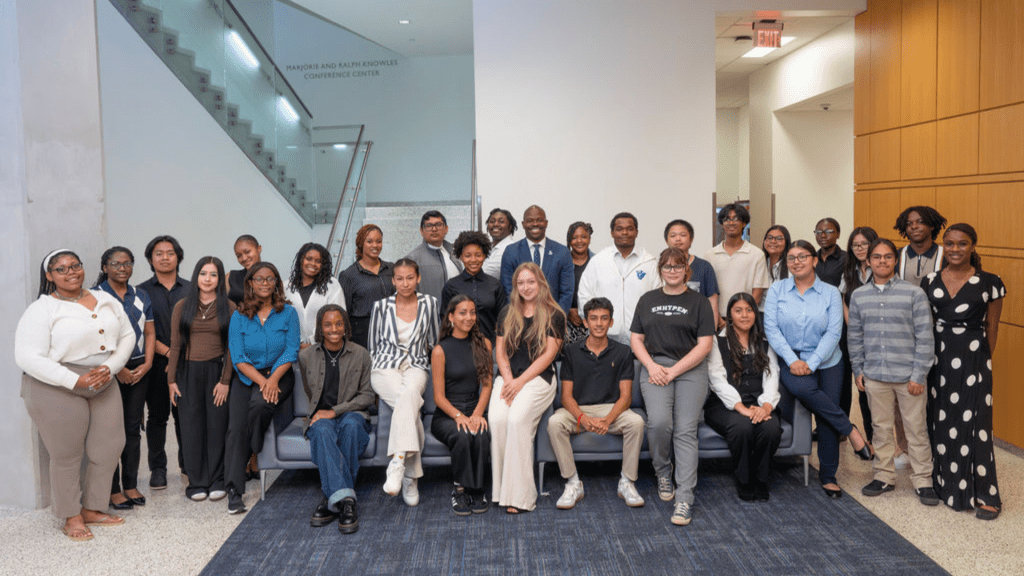By Joel Nelson on November 11, 2022 in Energy
The Advanced Research Projects Agency-Energy (ARPA-E) sponsors corporate and academic institutions in a variety of energy-related projects. Here’s the latest of our periodic reviews of recent developments at the agency, which serves as the U.S. Department of Energy’s R&D arm.

Buildings as carbon storage facilities
In June, the DOE announced 18 contract awards for its Harnessing Emissions into Structures Taking Inputs from the Atmosphere (HESTIA) program, which aims to develop technologies that can transform buildings into net carbon storage structures – meaning they absorb more carbon from the atmosphere than is released during construction.
The HESTIA projects “will develop and demonstrate building materials and whole-building designs from a wide range of potential feedstocks (e.g., forestry and purpose-grown products, agricultural residues, direct carbon utilization) that are net carbon negative on a life-cycle basis by using atmospheric CO2 in the production process,” according to ARPA-E.
“This is a unique opportunity for researchers to advance clean energy materials to tackle one of the hardest to decarbonize sectors that is responsible for roughly 10% of total annual emissions in the United States,” Energy Secretary Jennifer M. Granholm said in a press release.
HESTIA project team members receiving contracts include the National Renewable Energy Lab in Fairbanks, Alaska; Purdue University; Aspen Products Group of Marlborough, Mass; Biomason, based in Durham, N.C.; and the University of Pennsylvania.
Another HESTIA project, announced in March, awarded contracts to the University of Washington and UC Davis to evaluate materials and designs and generate lifecycle assessments for the project.
Learn more about the HESTIA projects.
Forward-thinking tech projects net funding
Twenty small businesses received contracts in July under ARPA-E’s Supporting Entrepreneurial Energy Discoveries (SEED) program, which seeks to develop forward-thinking energy technologies ranging from revamped biofuel manufacturing, newly efficient extraction of metals from e-waste, sustainable new aviation fuels and diesel, and innovative data center cooling systems.
One contract recipient, Metalx Biocycle of El Paso, Texas, will leverage a fossil fuel-free biological platform that provides minimizes environmental impact in the process of extracting, concentrating and purifying metals and rare earth elements from e-waste. Meanwhile, Los Angeles-based Invizyne Technologies will develop efficient cell-free enzyme cascade reactions as a more commercially competitive approach to microbe-produced biofuels.
With data centers predicted to consume 8% of global electricity of 2030, SEED contract recipient Impact Cooling of Fort Collins, Colo., will apply air jet impingement colling technology that dramatically improves heat transfer at minimal energy cost.
Learn more about the SEED projects. See how Yardi software solutions help residential and commercial real estate portfolios improve energy efficiency and meet ENERGY STAR® requirements.


